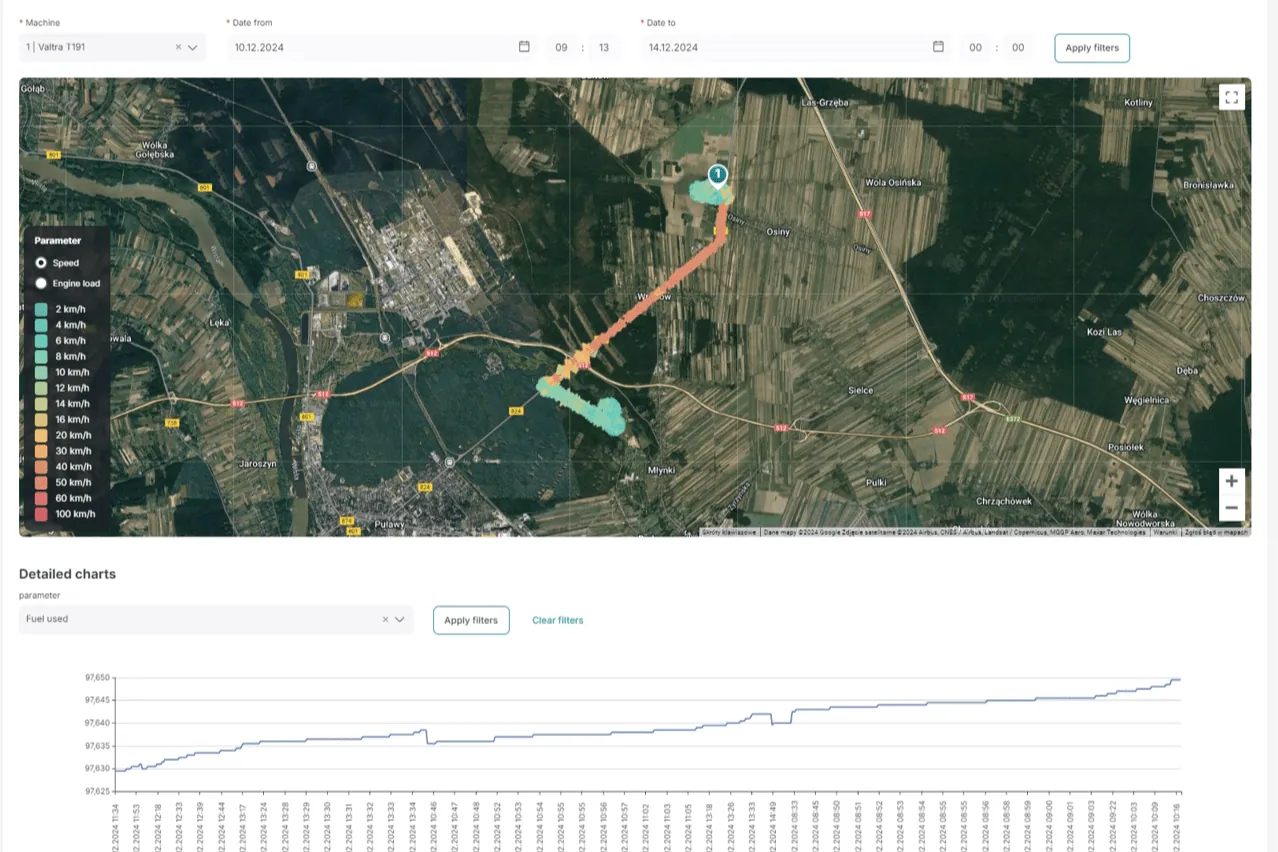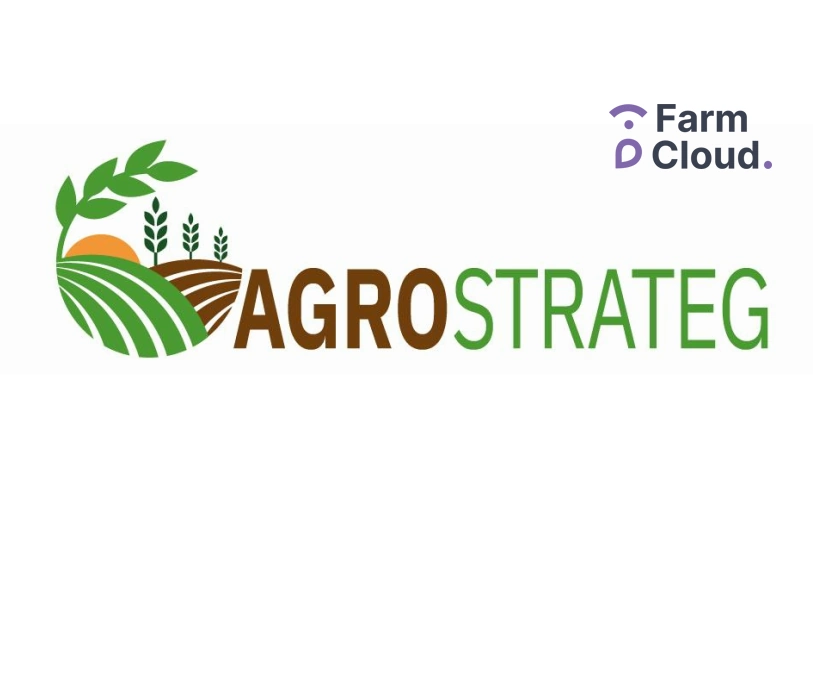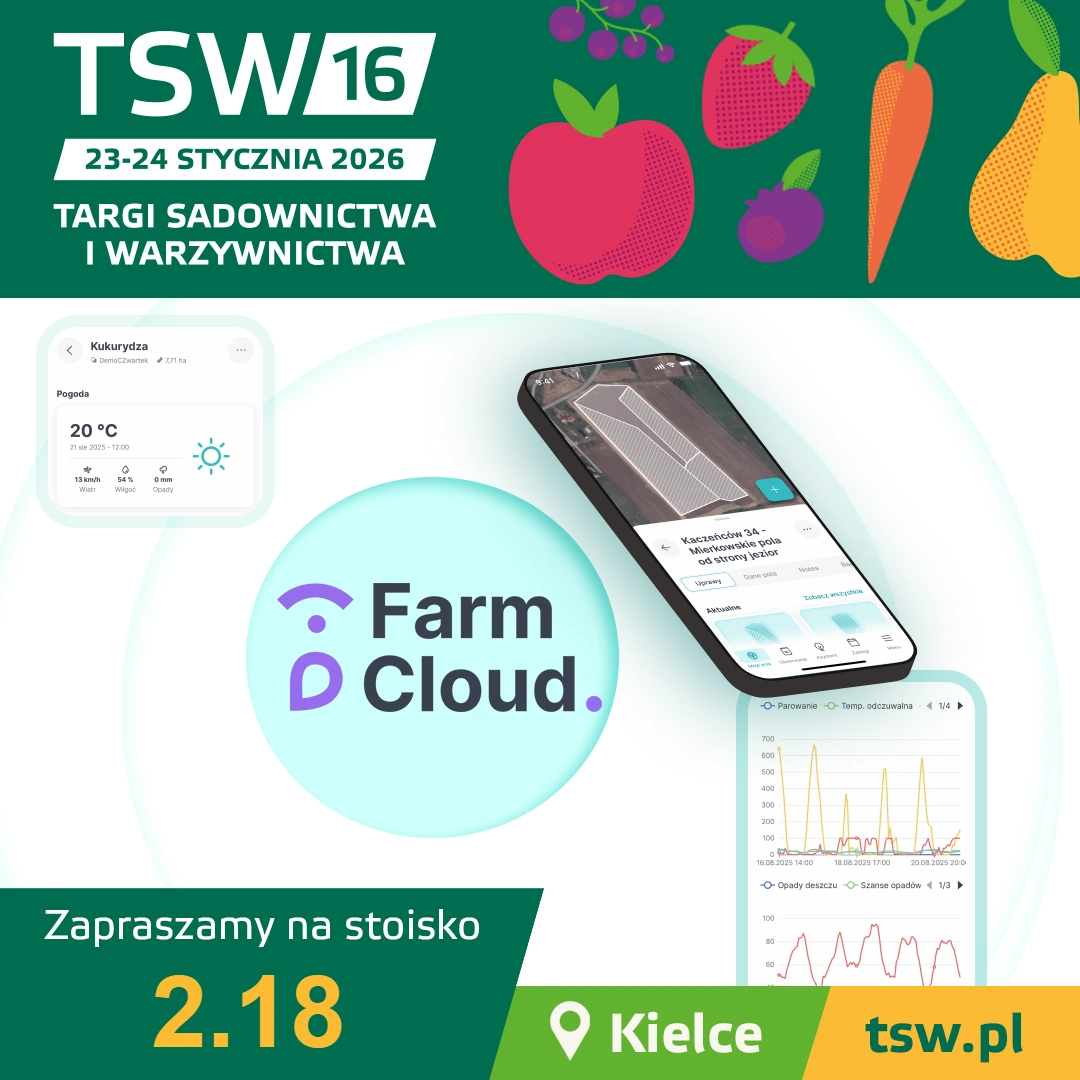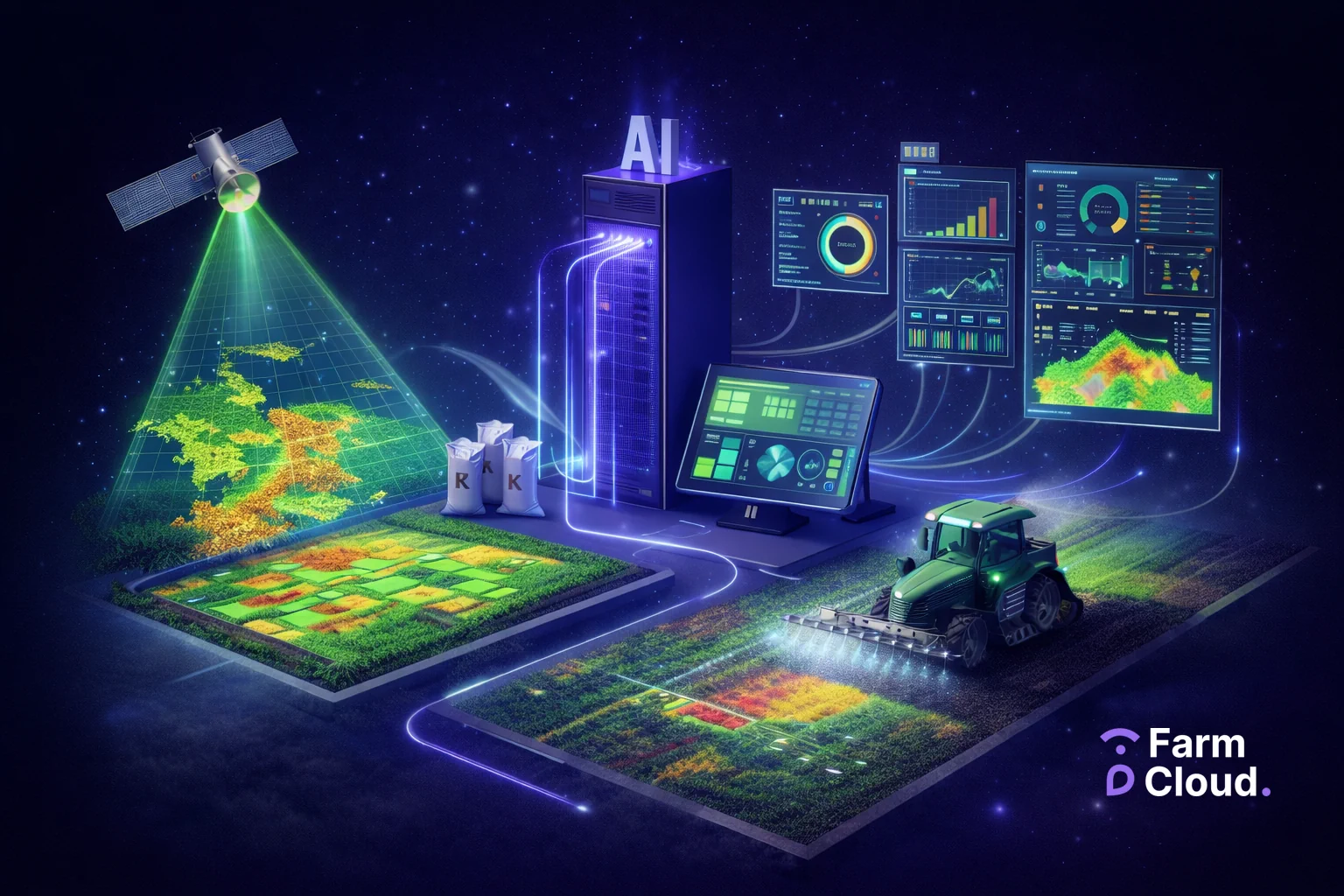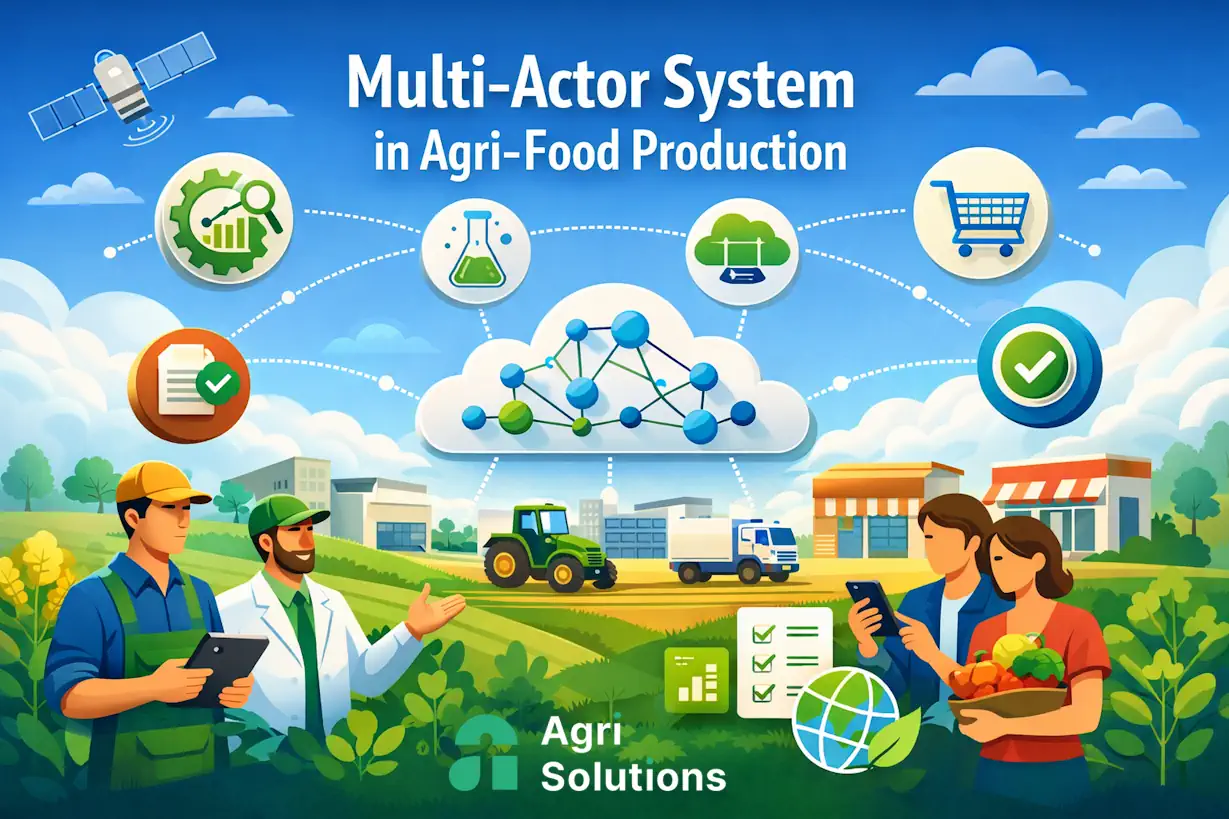IUNG was looking for a complete solution - a farm application with the ability to supervise multiple entities, sensors and automate data collection and reporting.
For data collection, there was a need for a farm management application (FMS) that allows the recording of agrotechnical treatments, management of farm resources, planning of agricultural production. In addition, there had to be the ability to combine data from treatments with the operation of machinery, the data they generate, and the ability to automate data acquisition and reporting. Tracky, which provides data from the CAN bus of agricultural machinery and is integrated with the FarmCloud system, was used to monitor the GPS location and performance of agricultural machinery. The following case study is an illustration of an MRV (Monitoring, Reporting, Verification) implementation in the agri-food industry.
In modern agriculture, technologies such as Tracky and FarmCloud play a key role in increasing production efficiency, minimizing costs and greenhouse gas emissions through data-driven agricultural advisory. Their use allows detailed monitoring of the operation of farm resources such as machinery, vehicles, employees, microclimate in buildings. Real-time data analysis, translates into better management of resources, precise planning of farm operations, making quick and confident decisions, responding to threats.
FarmCloud and Tracky in practice - an example of application at IUNG
One of the users of Agri Solutions is Institute of Fertilization and Soil Science - National Research Institute (IUNG). The use of Tracky GPS monitoring devices for agricultural machinery, weather stations and FarmCloud agri-food software platform, allows the Institute to monitor, report and verify key factors affecting agricultural production and emissions.
The complete system has been deployed on several experimental farms; sensors have been installed on tractors.
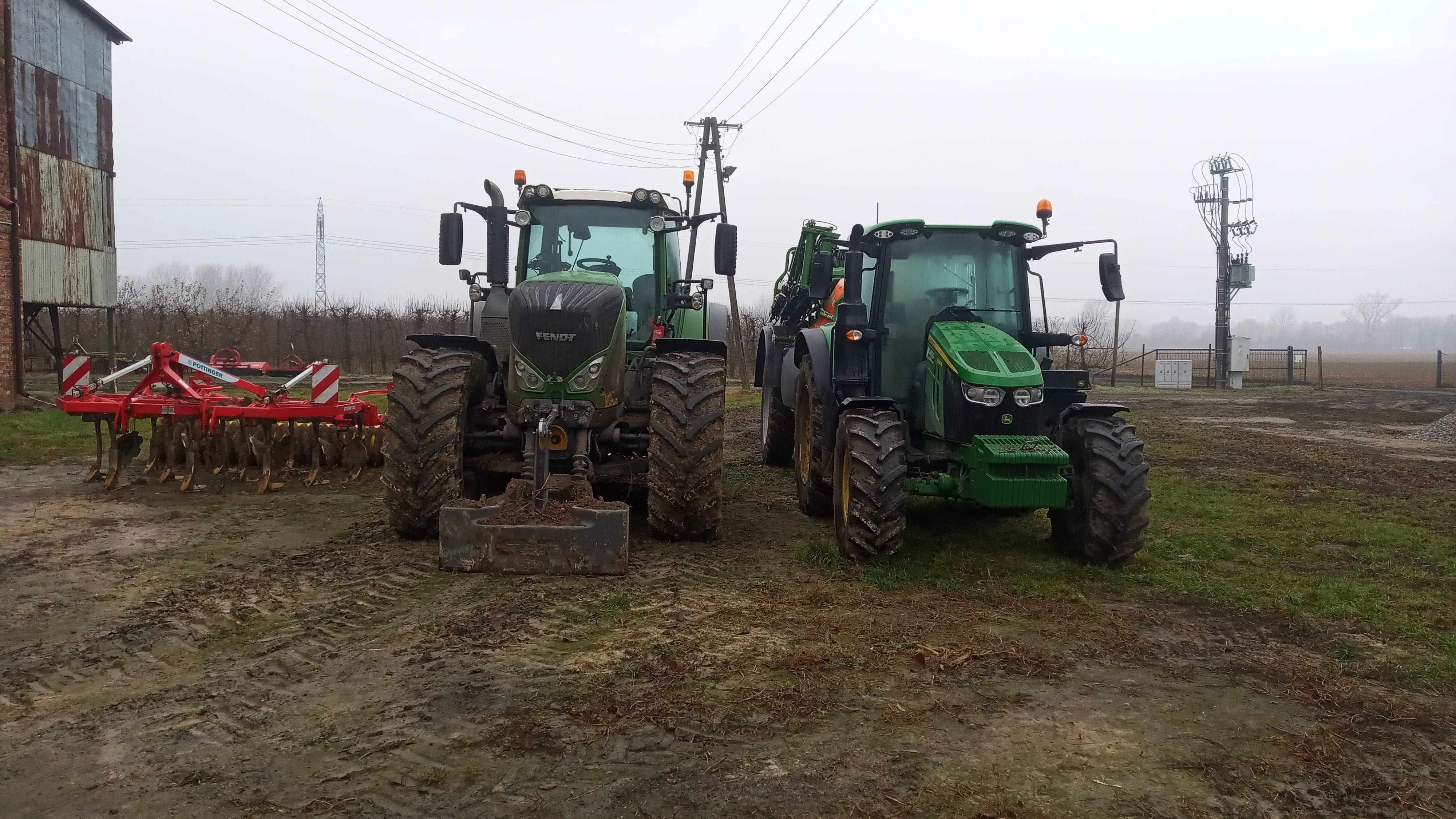
FarmCloud functionalities allow management and secure access to data completed by suppliers (e.g.: electronic field charts, recommendation exchange, quality control, telemetry data) - this guarantees a consistent view of information from all experimental farms.
The data collected by the equipment is not only a source of information for the Institute, but will also form the basis for making recommendations to farmers on crop optimization, sustainable farm management and reducing greenhouse gas emissions. The reliability of the data is ensured by downloading it directly from the vehicle’s CAN bus, without the possibility of direct intervention by the operator or outsiders. Tracky is applicable on both a scientific and practical level, making it a versatile tool for the agro sector - agricultural services, control of farm resources (machinery and employees), equipment rental, cooperation with suppliers and automation of collection of required documentation for inspection and certification.
IUNG decided to purchase and implement FarmCloud with Tracky because of the versatility of the solution - Tracky sensors work with any agricultural vehicle, even older models. Additional advantages are reporting and data export capabilities, simplicity and automation in operation, management of multiple farms.
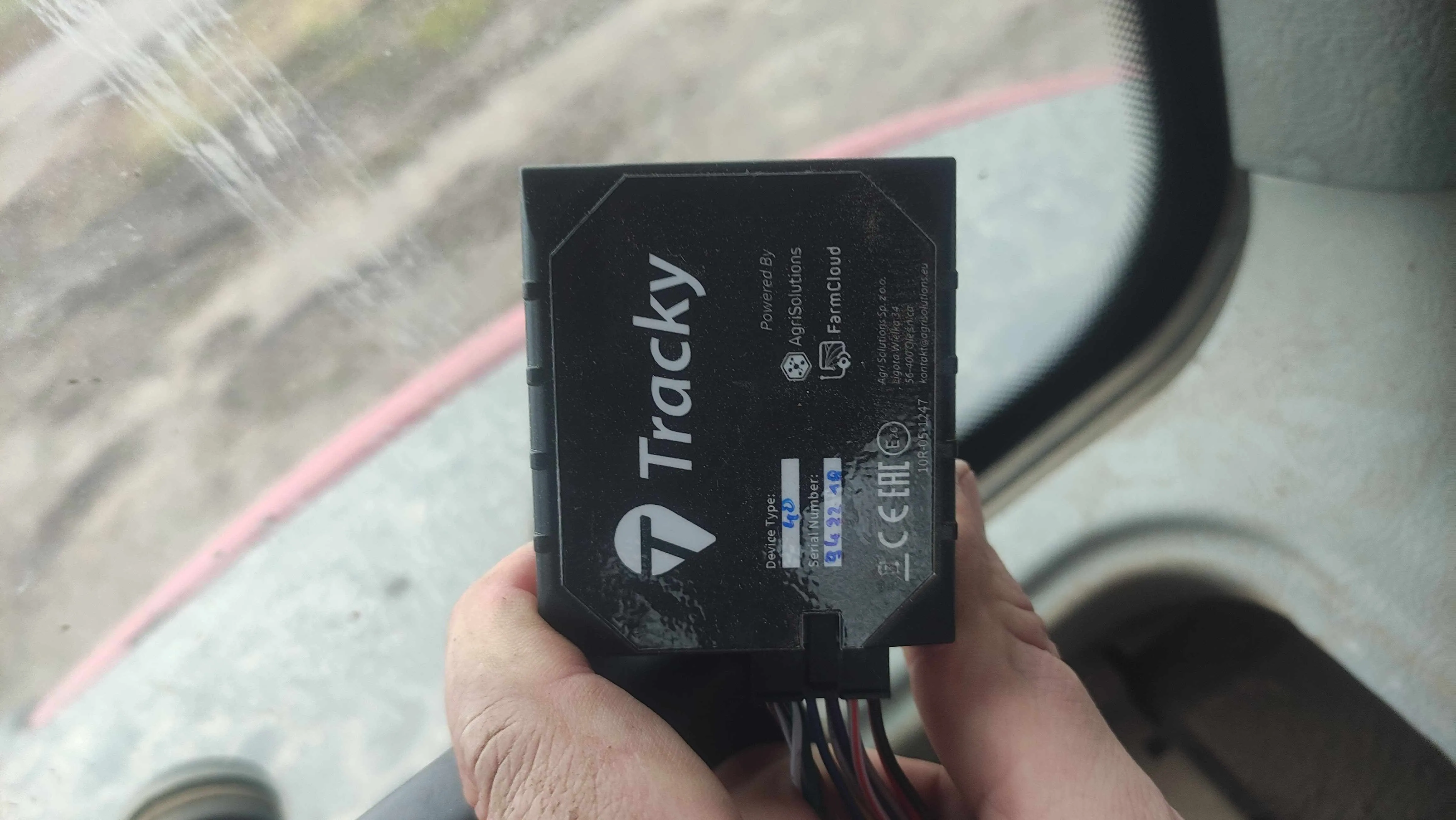
What is MRV and why is it important for a research project?
IUNG’s Monitoring, Reporting, Verification (MRV) is a set of activities to:
- Monitor agricultural production parameters key production-related parameters (e.g., fuel consumption, CO2 emissions, crop protection product use). In the case of this particular research project, it is the calculation of working time on a specific area of crops for different types of agrotechnical treatments, monitoring fuel consumption of agricultural machinery, and monitoring weather conditions using weather stations;
- Reporting the collected data in a unified and understandable way for all stakeholders (business partners, regulators or consumers). IUNG uses the aggregate reports available in FarmCloud as well as reports of machine work on specific treatments. Advanced analytics and modeling are available in the Agri Insights service provided.
- Verify information to confirm its reliability and compliance with environmental and social assumptions. All information is collected in the cloud, with long retention and protected from unauthorized modification. The devices (Tracky and meteo stations) have GPS location associated with the data packets therefore verification of the reported information is possible.
In practice, MRV is crucial in the context of sustainability and ESG (Environmental, Social, Governance) reporting, which is gaining importance in the European Union, among others. Digital agricultural solutions such as Tracky and FarmCloud ease the burden on farmers, processing and distribution companies to collect and organize data by automating data acquisition throughout the supply chain - from field to table. Emission-related data is attached to digital agricultural product passports generated in FoodPass
Monitoring of operating parameters and optimization of fuel consumption
IUNG is using one of the primary devices integrated with the FarmCloud application, namely Tracky, in a research project on estimating gas emissions during agrotechnical operations. Among other things, the sensor allows real-time mapping of the fuel consumption of agricultural machinery, GPS locating, and route recording with machine parameters. The software also allows for alarm settings for detected fuel loss anomalies, automatic recording of fueling and treatments. Farms and agricultural service companies use these functions to:
- Precise determination of crop costs - by assigning fuel consumption to a specific field or operation.
- Automatic recording of agrotechnical operations - entries in the electronic field card, facilitating documentation collection.
- Operator efficiency analysis - monitoring whether machine engines are loaded to the optimum degree and whether the engine speed is appropriate at any given time.
- Faster selection of machines for a given job - for example, matching tractor power to soil conditions and cooperating implements.
- Detection of anomalies - such as fuel loss, malfunctions or use of machines outside the designated area that lead to excessive fuel consumption and machine wear.
- Real-time GPS location tracking of agricultural machinery - which allows you to better plan tasks and monitor progress.
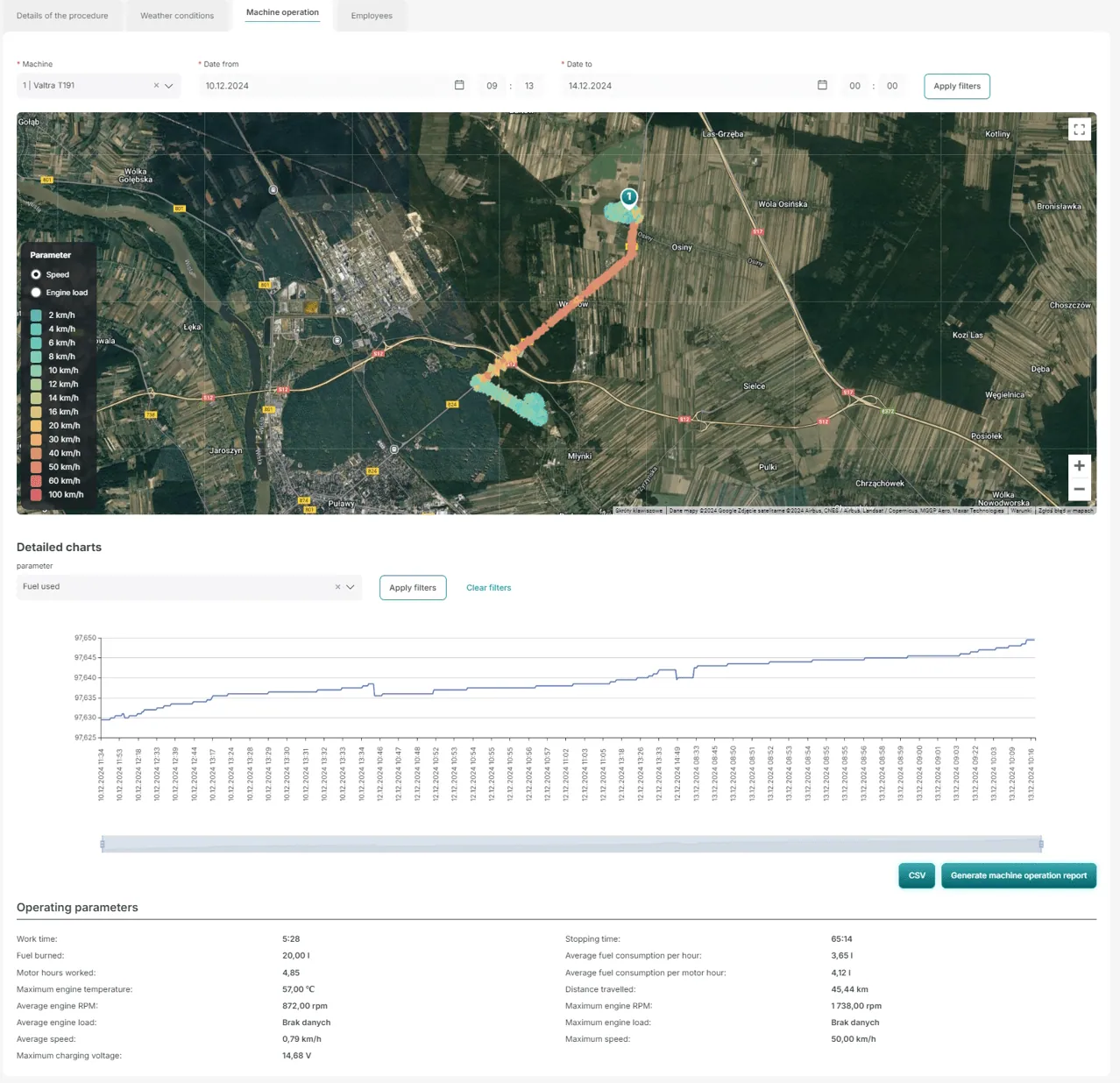
Collecting data automatically and with high accuracy meets the requirements and challenges of MRV. High-quality data translates into easy reporting and increases confidence that documentation will be in line with reality.
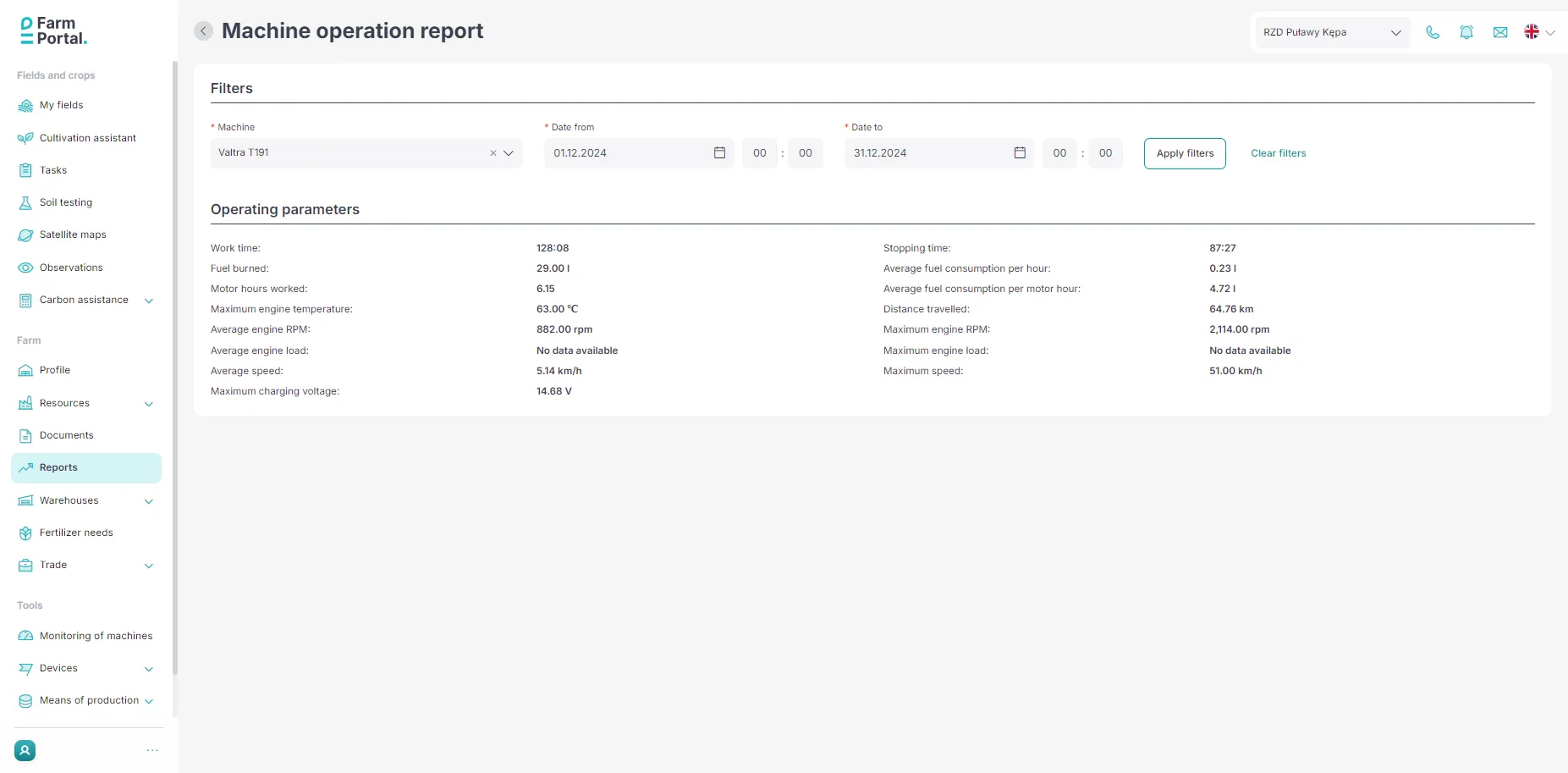
ESG reporting and sustainability
Technologies such as Tracky, FoodPass and FarmPortal also play a key role in sustainable agriculture, providing an invaluable tool for monitoring, reporting and verification (MRV) of ESG-related data. Information collected and processed by FarmCloud is also used in processes:
- Food Passporting with FoodPass system - with real sensor data and FoodPass algorithms, it is possible to accurately determine the carbon and water footprint of products, as well as the crop protection products used.
- Product Transparency - accurate data from the system allows environmental performance to be presented in ESG reports, which is important for both business partners and end consumers.
- Environmental impact calculation - these tools support decision-making leading to the reduction of CO2 emissions and the reduction of excessive consumption of natural resources.
In an era of growing interest in sustainable agriculture and regulatory requirements for ESG reporting, solutions like Tracky and FarmCloud promote farmers and agri-food companies to meet consumer and regulator expectations in a transparent and efficient manner.
Summary
IUNG has received a set of monitoring, reporting and verification (MRV) functions in a single product which significantly facilitates the conduct of a research project, reduced implementation time and reduced costs. With Tracky and FarmCloud, farming becomes more efficient, precise and sustainable. Farmers can reduce costs, better manage machinery operation, and innovate to support the environment. At the same time, companies that distribute or process fruits and vegetables can use these technologies for ESG reporting, increasing their competitiveness and building an image as a responsible business partner.
